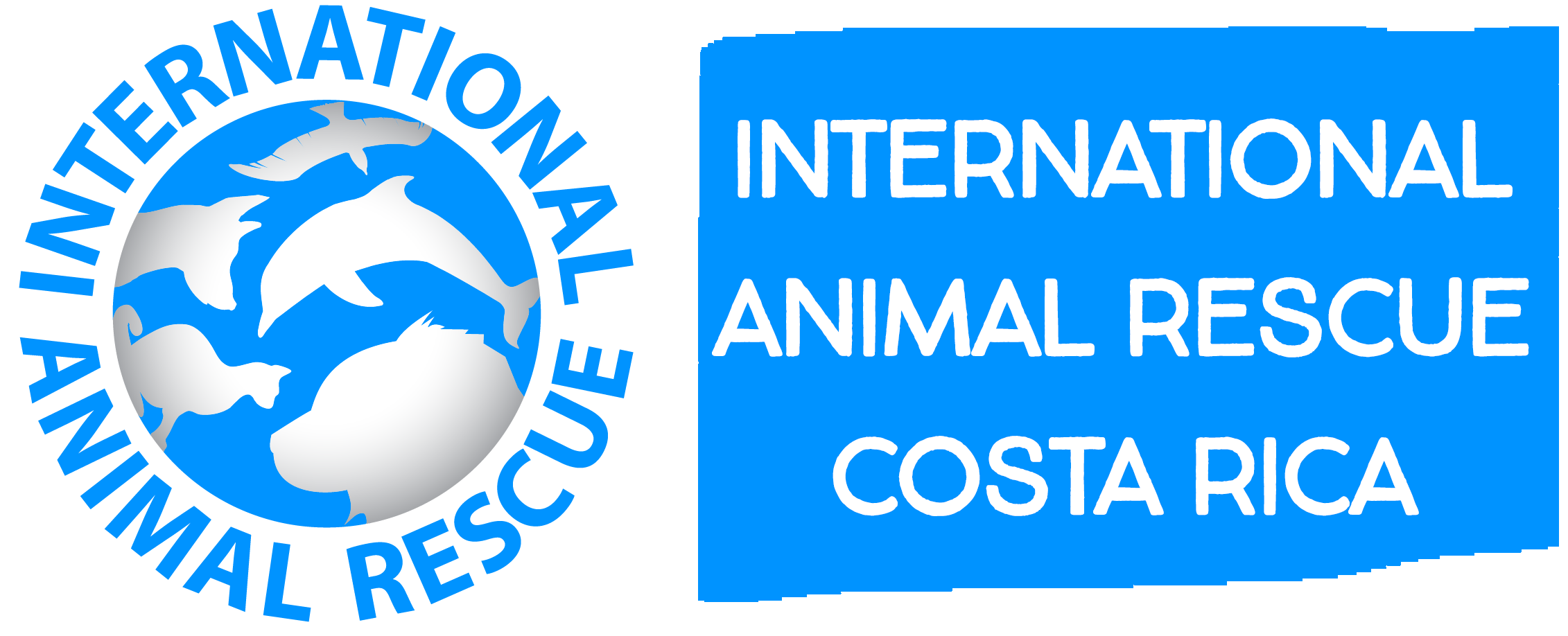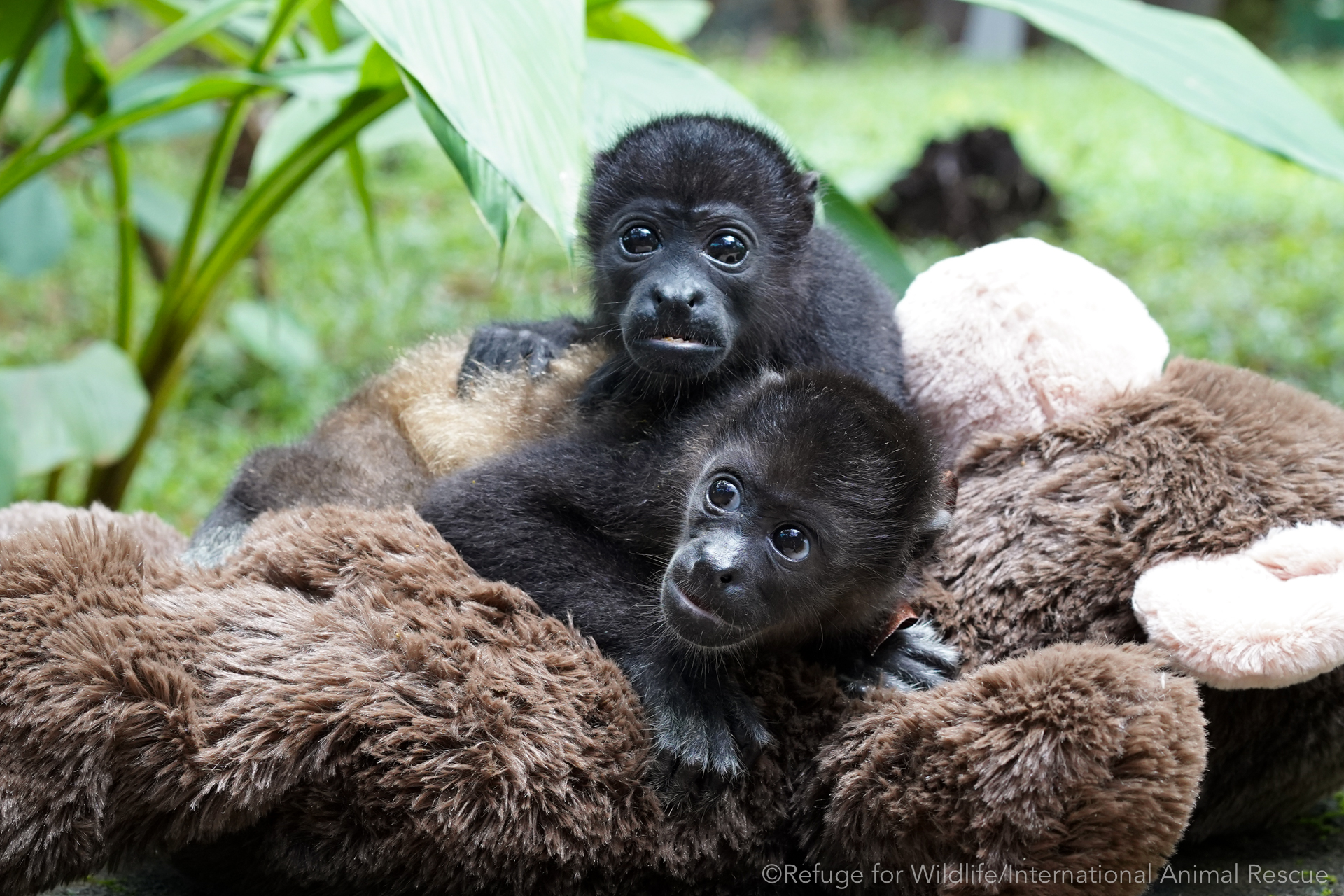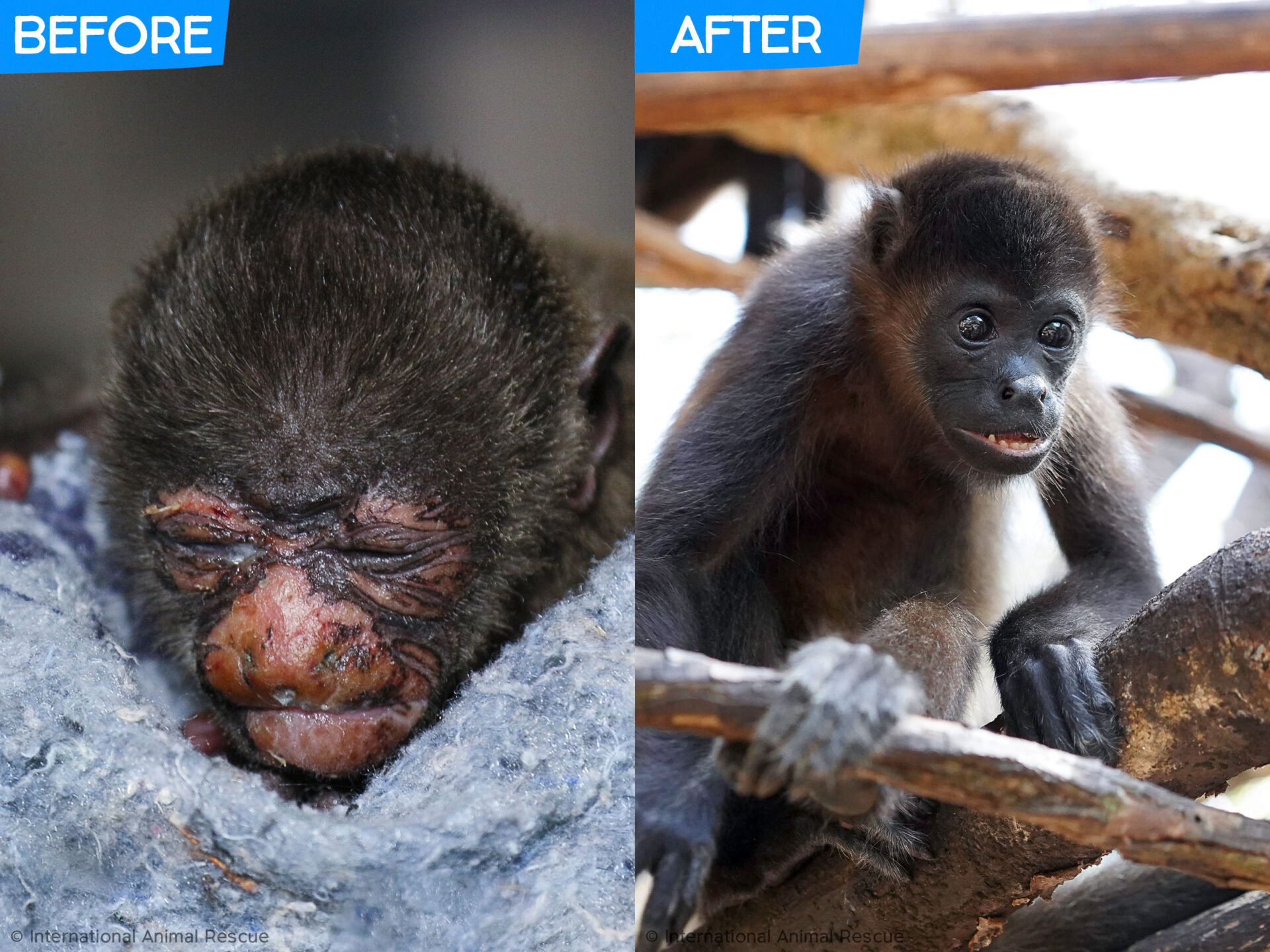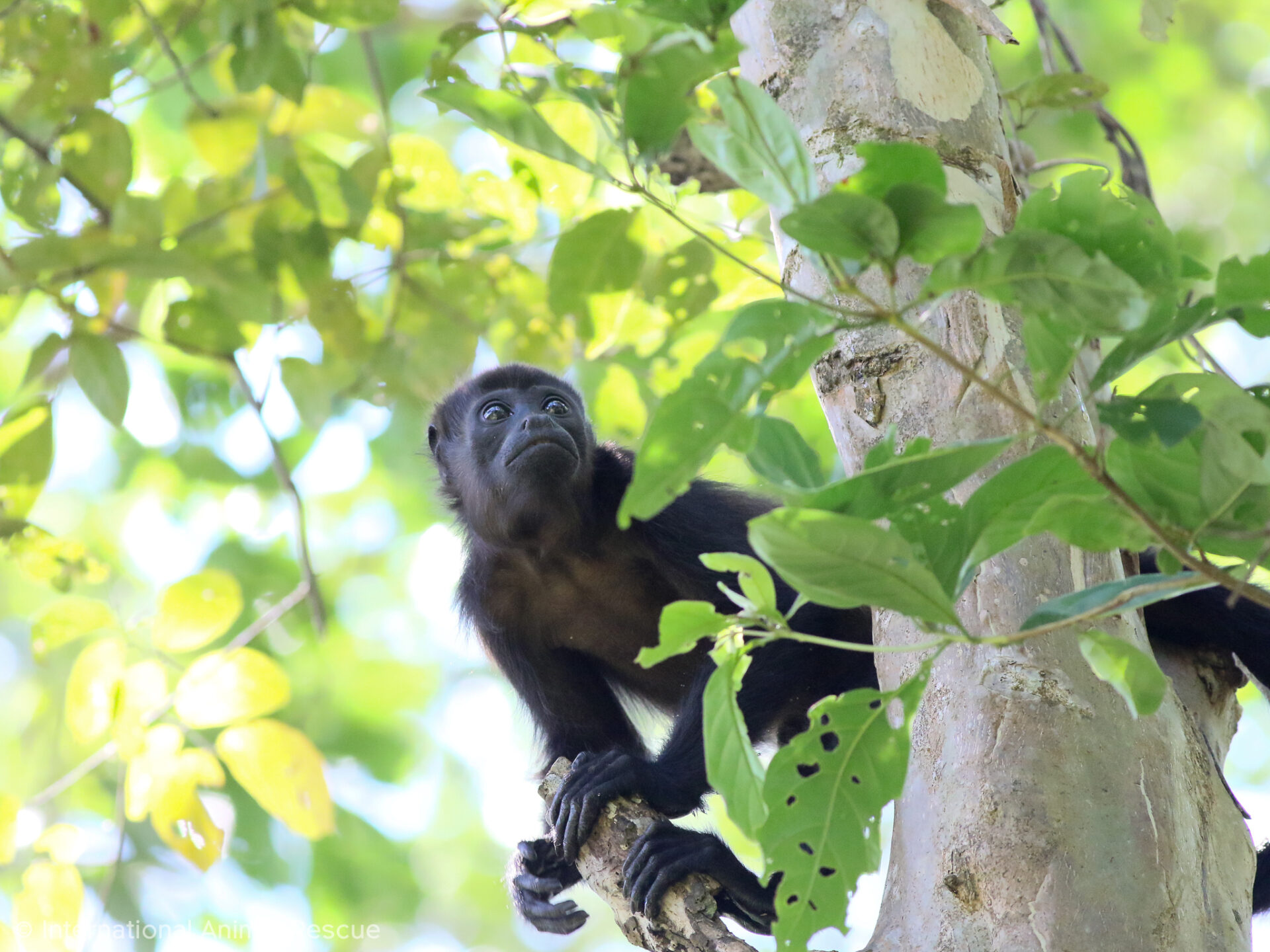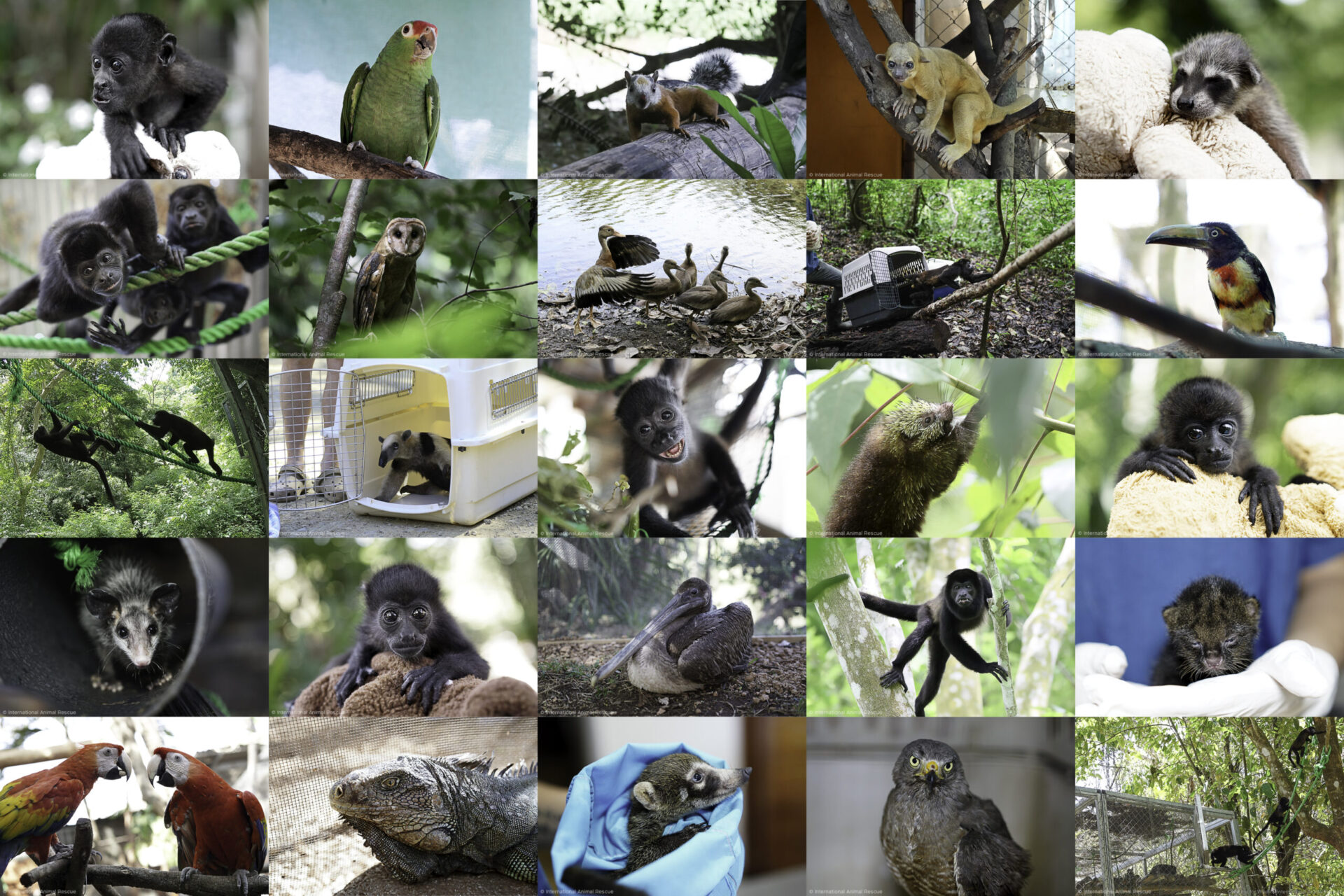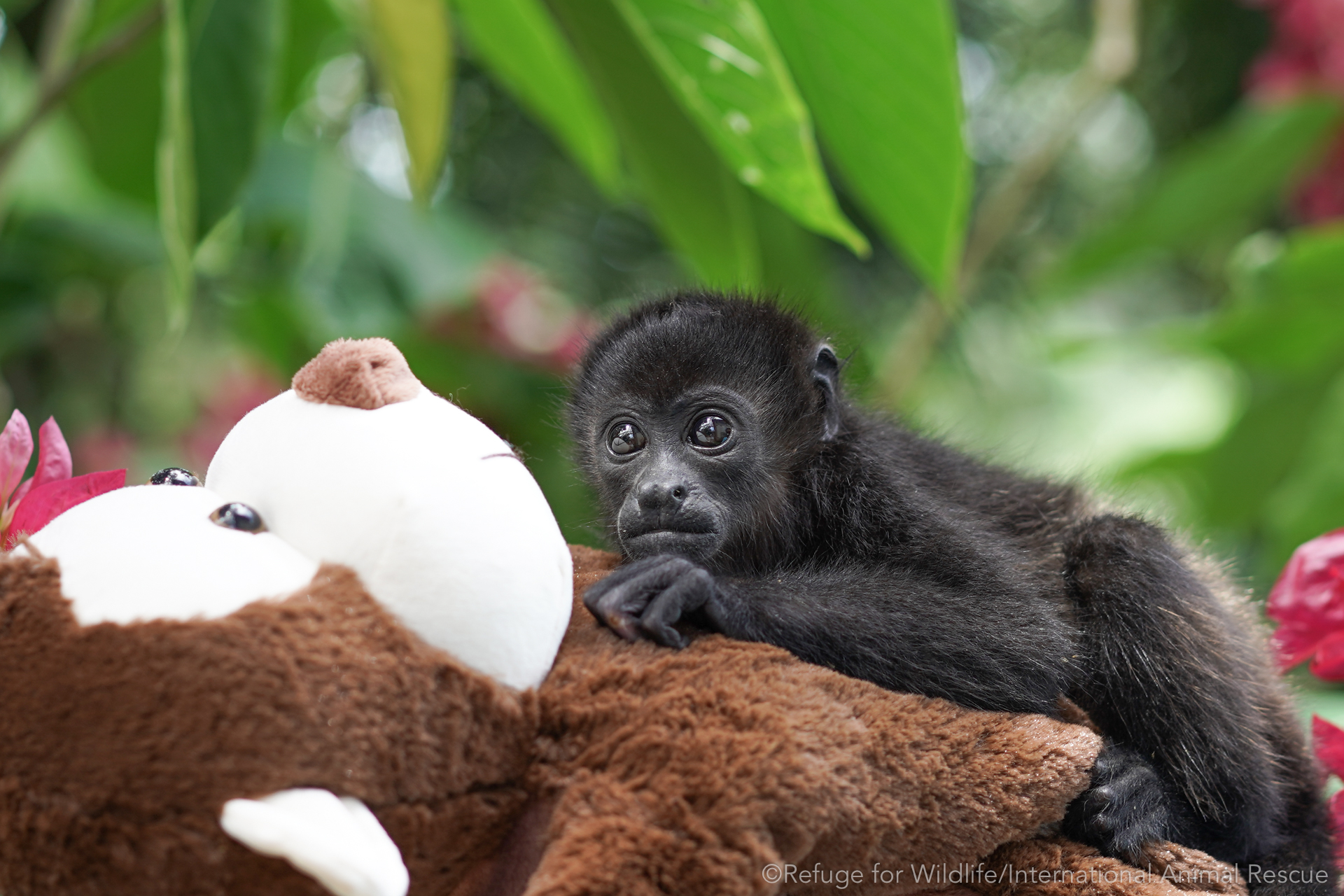
IAR Costa Rica is Dedicated to Saving Electrocuted Wildlife
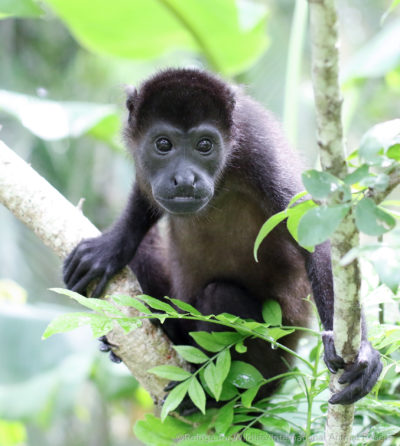 International Animal Rescue Costa Rica, formerly known as Refuge for Wildlife, was established 20 years ago to help protect the wildlife of Costa Rica. As residential and commercial development has grown, electrocutions are the main factor driving rescues with over two-thirds of howler monkey-related incidents a direct result of electrocution.
International Animal Rescue Costa Rica, formerly known as Refuge for Wildlife, was established 20 years ago to help protect the wildlife of Costa Rica. As residential and commercial development has grown, electrocutions are the main factor driving rescues with over two-thirds of howler monkey-related incidents a direct result of electrocution.
Rescue, Rehabilitate & Release
With a 24-hour wildlife emergency hotline, our rescue team is trained to use specialist equipment to rescue animals that are trapped on electrical equipment that would otherwise die without assistance. Although howler monkeys have become our specialty, we also help a wide variety of wildlife including tamanduas, opossums, iguanas, parrots, owls, and more! Our goal for every animal that arrives at the Refuge for Wildlife, is to return them to the jungle as quickly as possible.
Expert Veterinary Care
At our Wildlife Clinic, our team of veterinary professionals and volunteers provides immediate and long-term medical attention. The majority of our patients are electrical burn survivors requiring specialized medical treatment and intensive care. With several dedicated nurseries for infant, juvenile, and young-adult howler monkeys, we are able to care for rescued infants until they are old enough to be released.
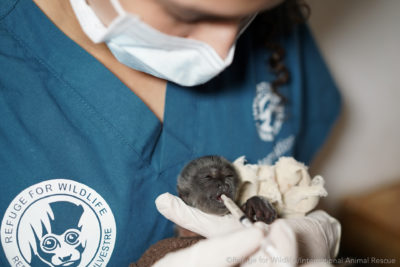
Protecting Costa Rica’s Wildlife
Our mission is to protect wildlife from the harm caused by human-wildlife conflict so that one day our rescue center will be empty! Through our Stop the Shocks program, we are creating a safer habitat for Costa Rican wildlife by implementing solutions to end wildlife electrocutions in Costa Rica. Using our 3-step approach of tree trimming, rope bridges, and insulating transformers and power lines, we are able to greatly reduce the risk to arboreal wildlife.
TREE TRIMMING – to prevent wildlife from accessing the power lines
ROPE BRIDGES – to provide safe aerial pathways
INSULATING POWER LINES AND TRANSFORMERS – to prevent electrocutions
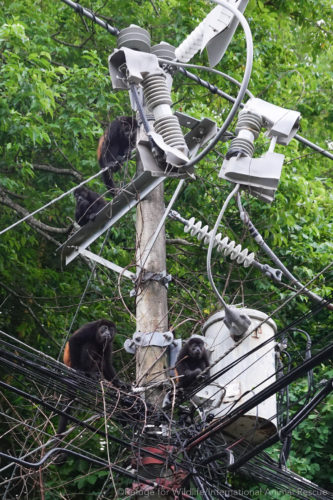
Although there are several laws in Costa Rica that should serve to protect the environment, biodiversity, habitat, and wildlife from the adverse effects of development, they are either ineffective or not properly enforced.
Many areas of Guanacaste are experiencing a surge in human development. Fragmented habitat and the installation of electrical supply are leading to wildlife deaths and injuries because monkeys are using electrical cables as aerial runways. The cables provide an efficient, but lethal, way for the monkeys to travel through the urbanized forest. All too often, the monkeys suffer from horrific injuries and violent deaths when climbing or traveling on uninsulated power cables and transformers. On average, Refuge for Wildlife responds to over 100 electrocuted howler monkey rescue calls each year. Very often, the monkeys die at the scene due to catastrophic electrocution injuries. For electrocuted monkeys that survive the initial shock, the prognosis is very poor. External wounds may be treated and eventually heal; however, the internal damage from the electricity can be very serious and slower to manifest. In too many cases, the long-term damage is fatal. Because the survival rate for electrocution victims is low, the best solution is prevention.
Help Us Stop the Shocks
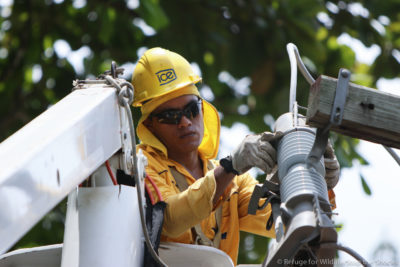
Electrocutions can be stopped. With generous donations from the public, we are able to target high-risk areas and “hot spots” (where wildlife have already been injured or killed) by purchasing wildlife protection equipment and rope bridges. Each power transformer is different, with different components and different lengths of cable that need to be insulated. Because of this, each one needs to be individually inspected by our Stop the Shocks team – there is no “one-size fits all” kit that can be purchased. The average cost to insulate a household transformer ranges from $250-$550 USD with the average high voltage commercial transformer costing $950-$1500USD to insulate. If you would like our Stop the Shocks team to help you to insulate your transformer, please contact us via email: info@IARCostaRica.org

